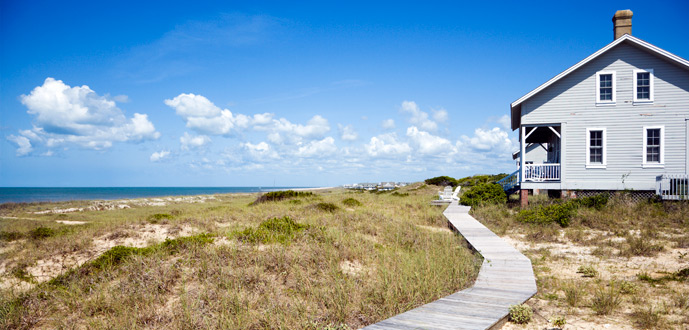Specific estate planning techniques apply to all kinds of vacation properties — cottages, cabins, hunting properties, fishing camps. The specialty within the estate planning field that deals with all of these properties is generally called Cottage Law.
In many cases, when owners of a cottage or similar vacation property pass away, they leave the property to their adult children. These adult children —who have used the property all their lives — graciously accept thisgift and continue using it as they have always done. But within a few years, the cottage is up for sale because, without the governing influence of their parents, the siblings argue over everything from whether the beer in the refrigerator is for everyone to whether the cottage needs a new roof and how much they should pay for it.
Below are some other issues that confront families who own cottages together —illustrating what can happen if a cottage or other vacation property is left in a will or a trust for children to share.
- If one child can’t pay his share of the cost, can the other owners not allow him to use the property?
- If one of the owners lives in another state, should they have to share all of the expenses?
- Who schedules use of the cottage? Do all families have the right to appear at any time? Are there periods of exclusive use?
- Can one of the owners transfer his share to his friend or co-worker? Can other owners prevent a non-family member from becoming an owner?
- Who decides when it is time to invest in a roof?
- How is the use of a small hunting or fishing cabin scheduled during Opening Days over the years?
- Can an owner rent the cottage out to raise money for his share of upkeep? Can the cottage be rented out at all? If one owner objects to renting, can the others rent it out anyways?
These and other questions often arise when several individuals share a vacation property that has been in the family for years. The fact is that all owners have the right to: be on the property equally, to sell their shares to anyone without consent of other owners, allow guests on the property, full use of the property, leave their share of the property to anyone they want and fully equal rights to access —even if an owner has not paid his fair share of costs.
The best solution to all of these issues is simple. The founding couple should not leave vacation property to their children or heirs through a will or a trust clause that simply transfers the property to the new owners. The estate plan must use special techniques that allow the founding couple to decide, before death, any or all of the above issues and make the decisions binding among all owners after their death.


